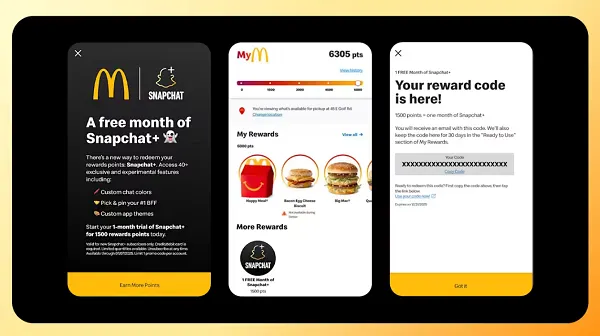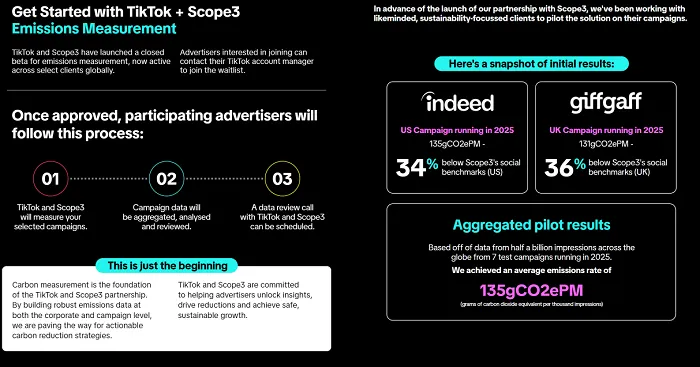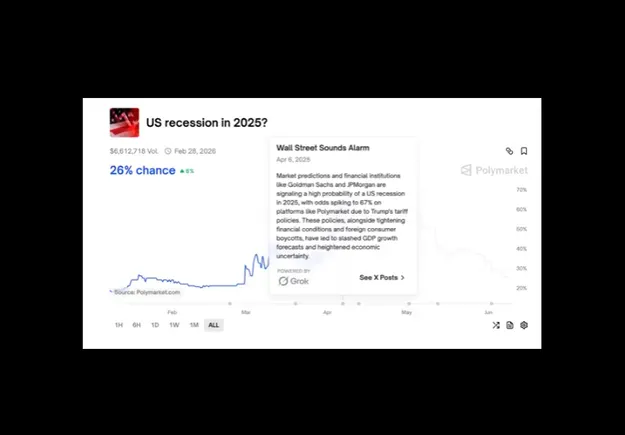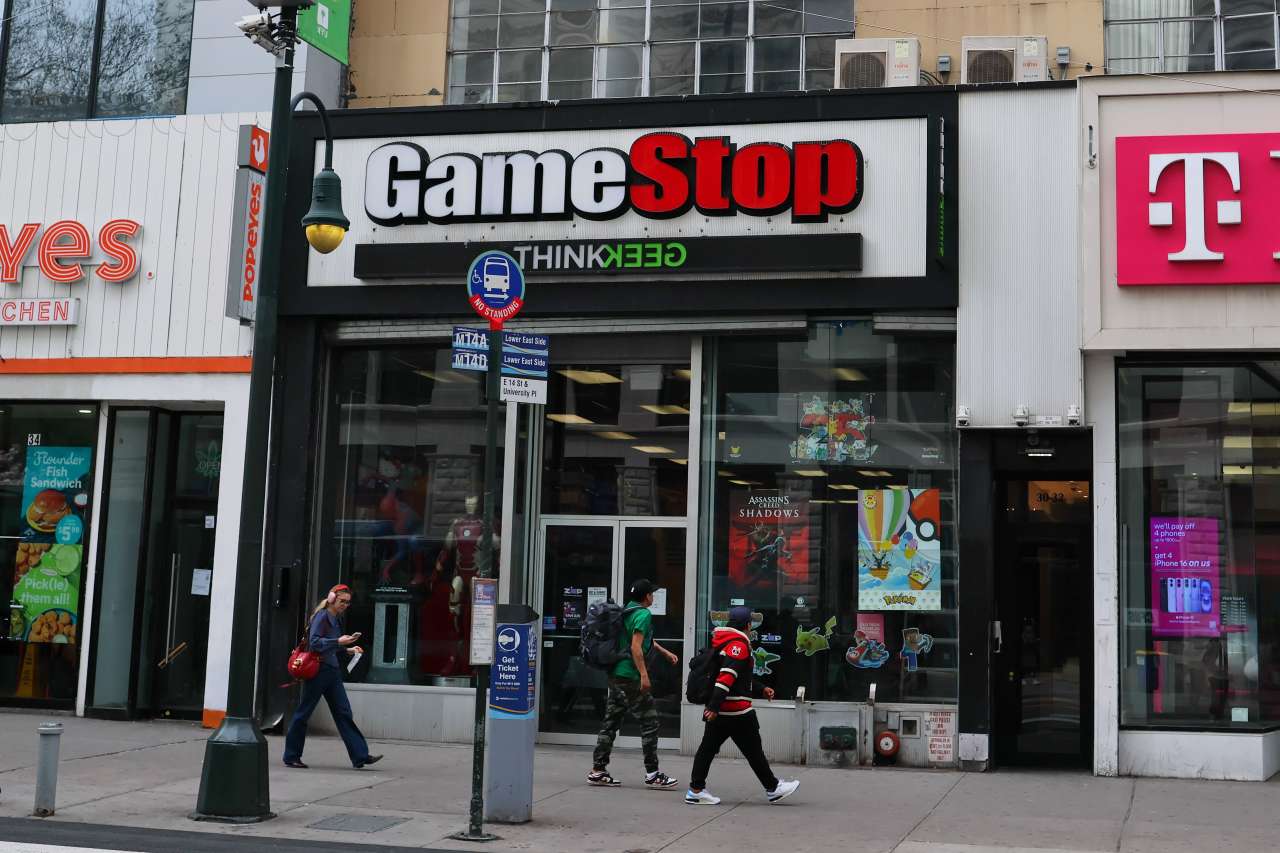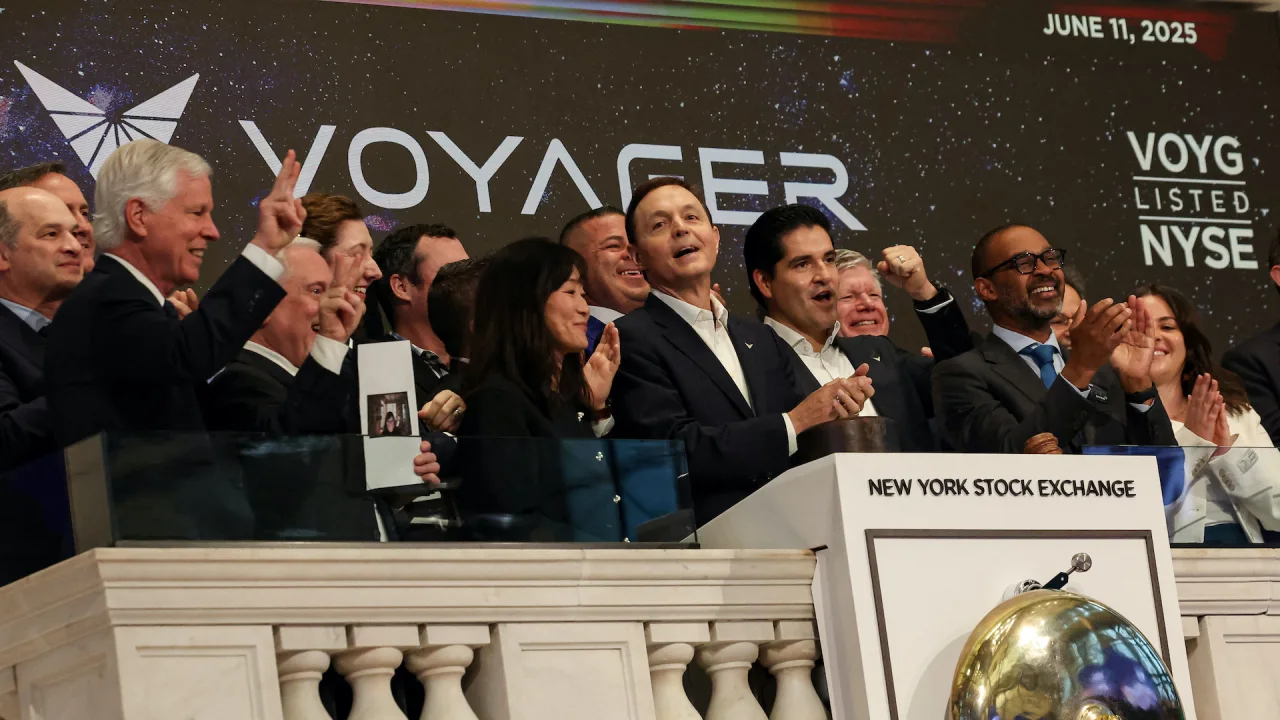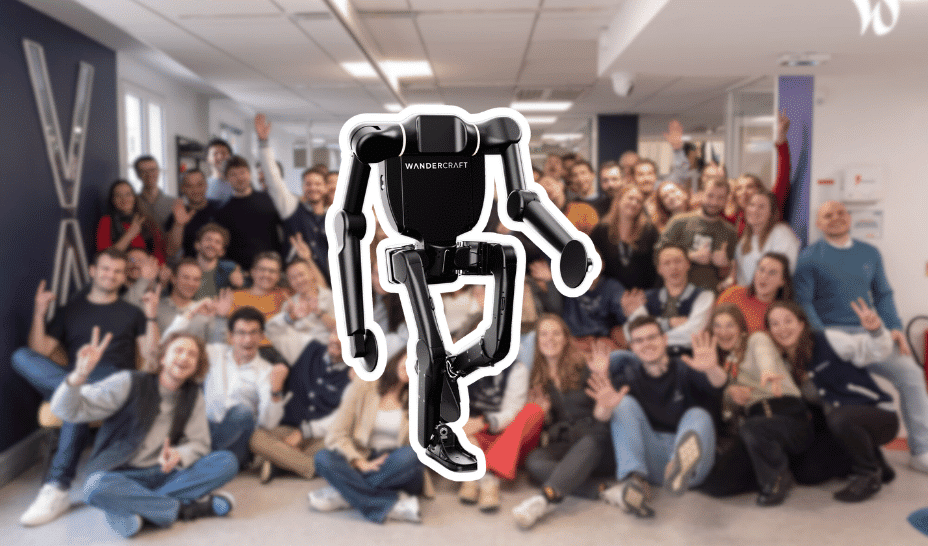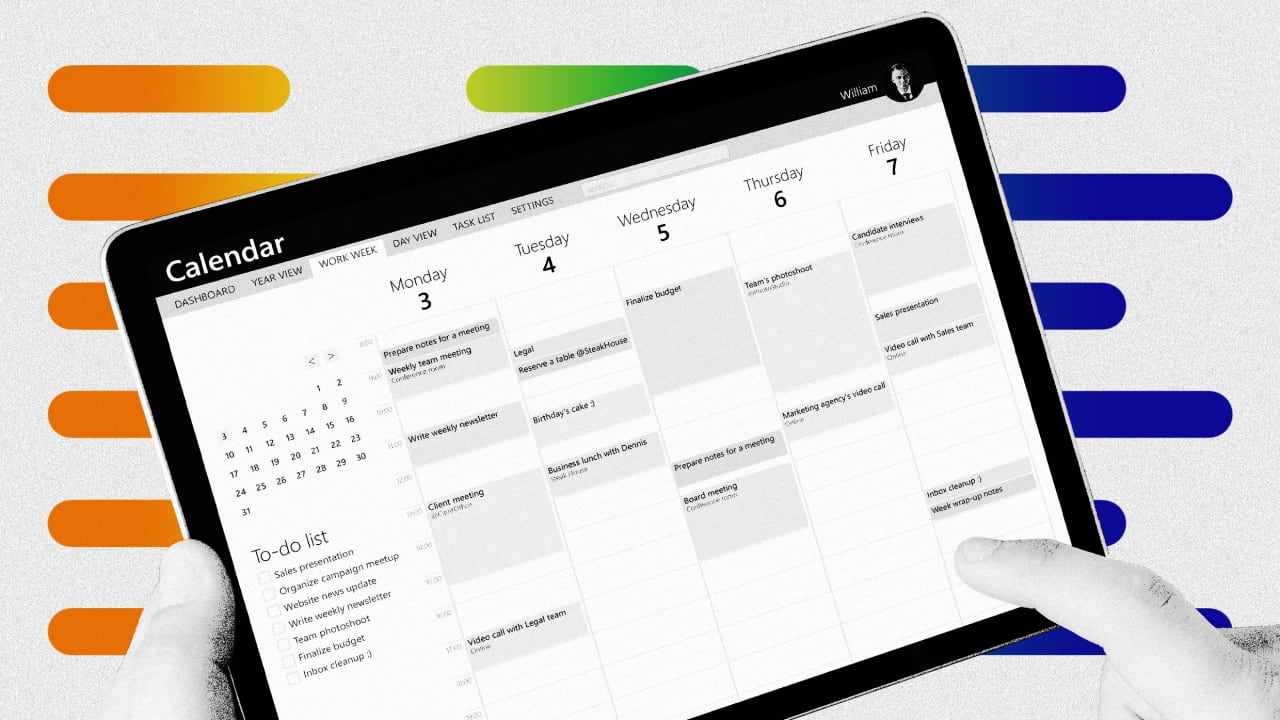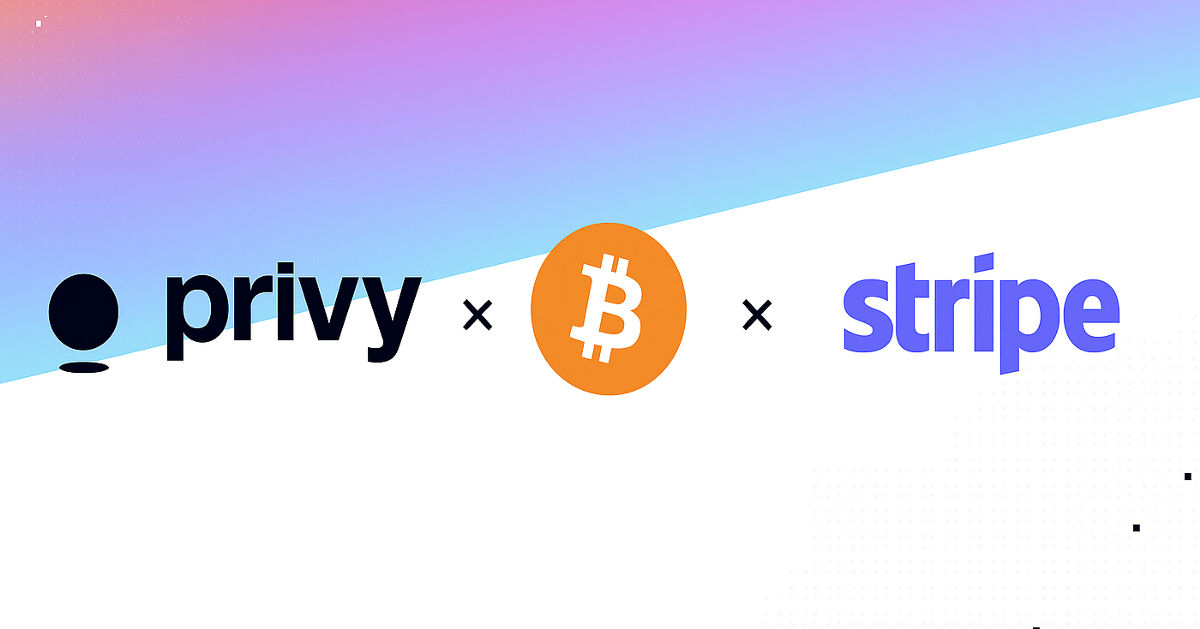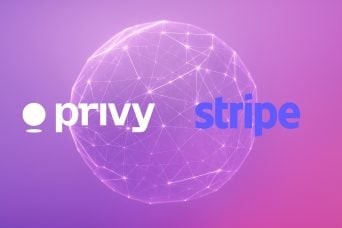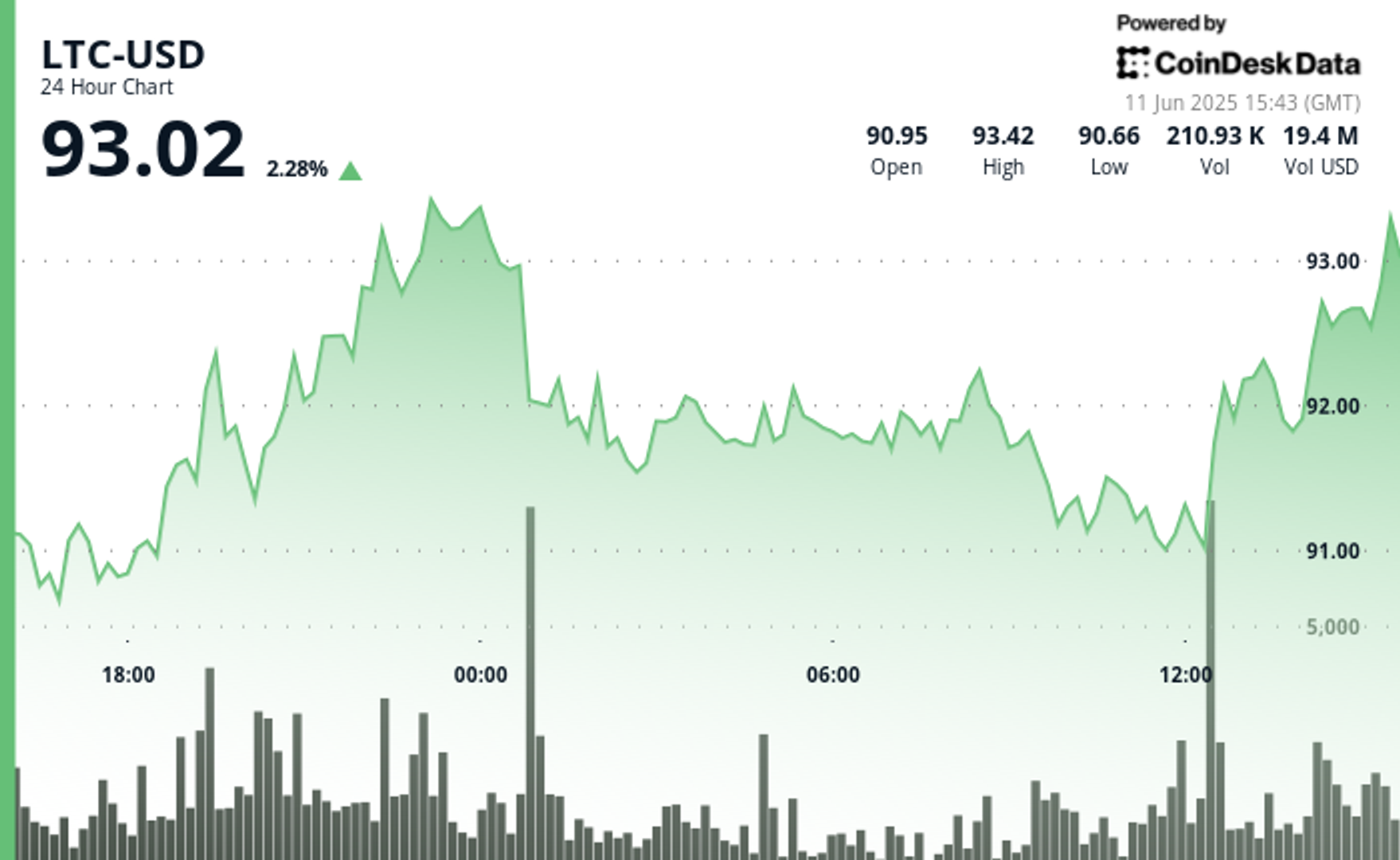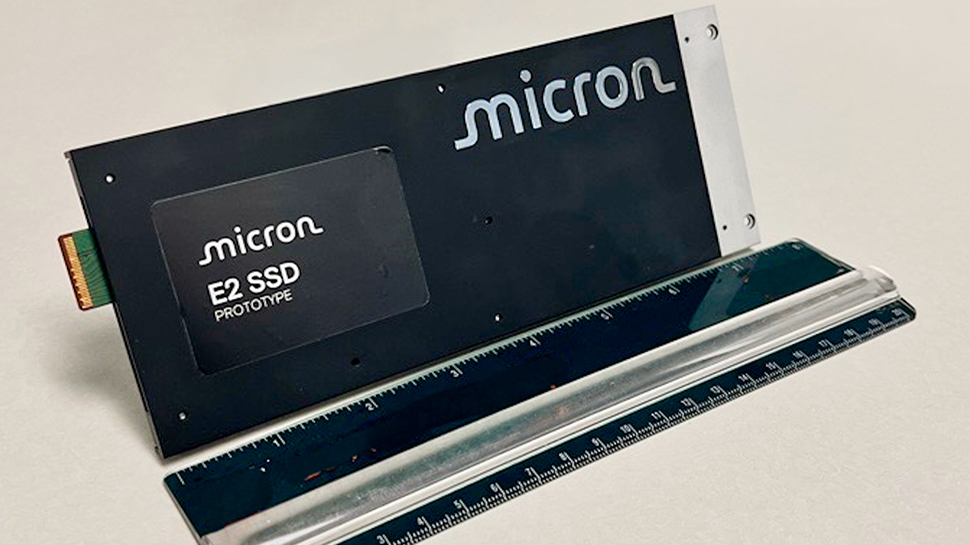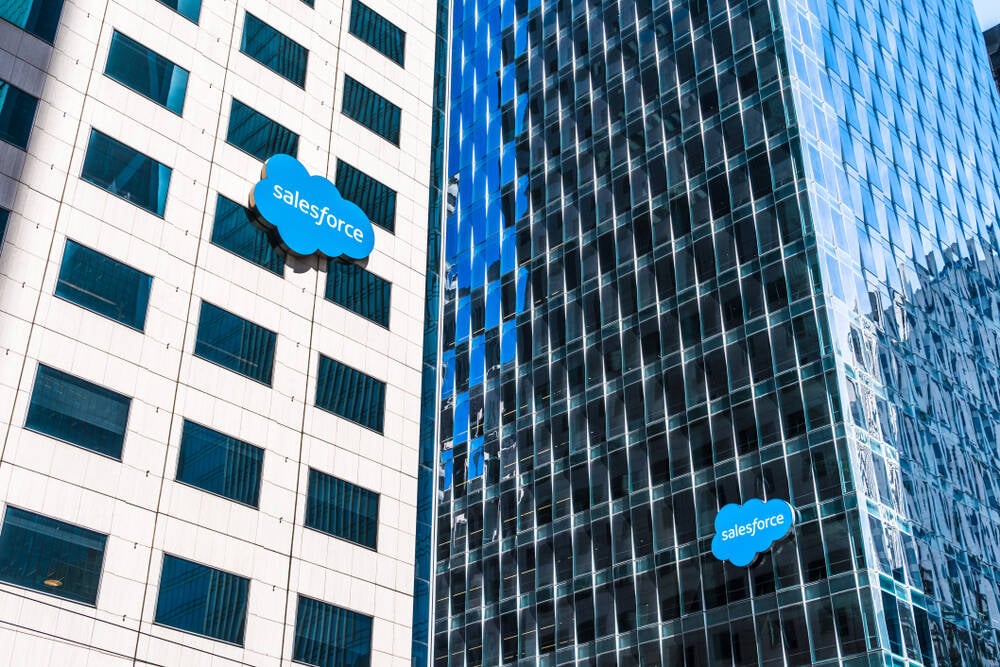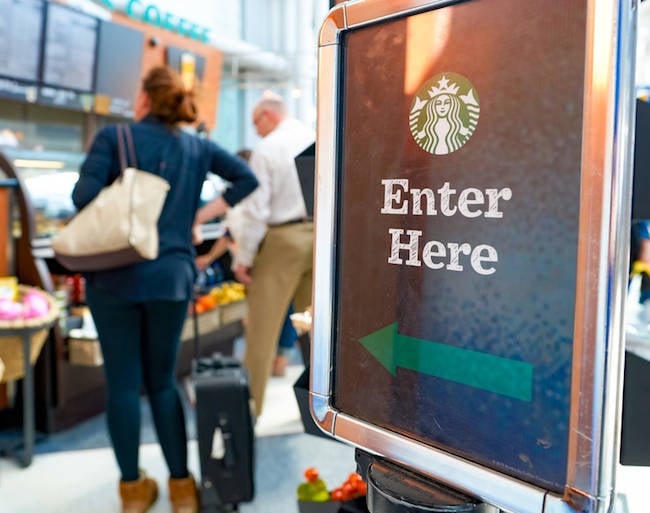Piston raises $6.1M to replace fleet cards with QR code fuel payments
The funding will support hiring across engineering, operations, and go-to-market functions, while also helping Piston expand its footprint among fleet operators.


Piston, a payments startup aiming to modernise how commercial fleets pay for fuel, on Tuesday said it raised $6.1 million in seed funding led by Spark Capital, with additional backing from Pear VC and BOND.
This round brings Piston’s total funding to $7.5 million, including an earlier $1.4 million pre-seed round through the PearX accelerator. The funding will support hiring across engineering, operations, and go-to-market functions, while also helping the company expand its footprint among fleet operators.
The startup, launched by former fleet operators Vikram Sekhon and Shivam Shah, offers a cardless fuel payment platform that enables commercial drivers to pay at gas stations using app-generated QR codes.
Each transaction captures details such as vehicle ID, location, fuel type, and timestamp, aiming to enhance transparency and curb fraud. The system is positioned as an alternative to traditional fleet cards, which have been criticised for high fees and limited oversight.
“Fuel was our second-largest expense after payroll, and the most chaotic to manage. We tried every solution on the market when we ran our own fleets, and none of them worked. So, we decided to build one ourselves from scratch without the baggage of legacy card networks,” said Sekhon, Co-founder and CEO of Piston.
Based in Cupertino, California, Piston also operates an engineering and operations hub in Kolkata. Since its launch in April 2024 with just five employees, the team has expanded to over 25 people.
At present, Piston is used by over 120 fleet operators at more than 800 gas stations, handling an annualised transaction volume exceeding $20 million. The company reports monthly volume growth of 50%.
Piston’s platform also appeals to independent gas stations, many of which operate under franchise models, by offering them direct access to commercial fleet business without requiring new hardware or integration with existing point-of-sale systems, the company said in a statement.
Edited by Suman Singh




